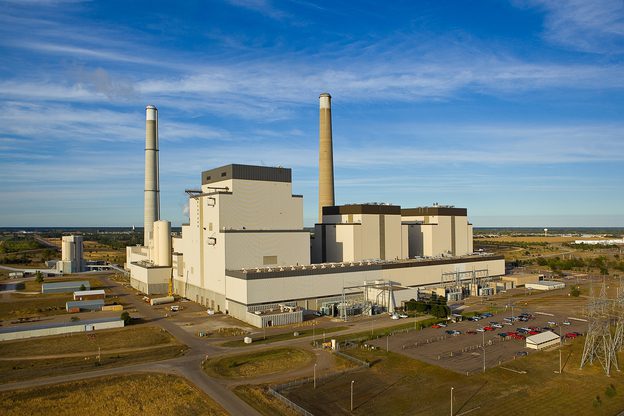
How serious is Big Energy, about going green?
Judging by what Xcel Energy is doing, here in Minnesota, it would seem that they are quite serious indeed.
As Xcel Energy prepares a filing to close its last coal units in Minnesota, a lesser-known provision of the settlement announced (in May) commits the utility to energy savings equivalent to another power plant.
The agreement with clean energy organizations and a labor union signed in early May requires Xcel to close the last two coal plants it operates in Minnesota, the Allen S. King facility in Stillwater and Sherburne County Generating Station (Sherco) Unit 3. In addition, the utility committed to building 3,000 megawatts of solar energy…
Clean energy organizations, in return, will support the utility’s acquisition of a natural gas plant in Mankato and at least some cost recovery on the coal facilities.
(Energy News Network)
They’re “quite serious indeed” partly because they believe they have to be. What with public opinion and all, even Big Oil is putting serious $ into renewables. And as for Big Coal, Trump’s alleged rescue is a farce. Which is a good thing, although communities that have depended on coal for a long time need help.
Though they’re not saying so, they also figure that in the long run they can make even more money. You don’t have to be privy to Xcel’s secrets to understand the appeal of, for example, no longer having to pay for emissions scrubbers, or the costs of shipping coal from West Virginia or Wyoming or wherever.
So, yeah, they’re serious – as long as they get to do the change their way. Down the line, judging by past behavior, “their way” will mean trying to foist as much cost and risk onto the public as possible. Unless we elect people that won’t let them do that.
If you’re really into this stuff, also check out:
– “Minnesota law opens clean energy financing program to new construction”
– “How Minnesota could economically reach 70 percent renewable electricity”
Thanks for your feedback. If we like what you have to say, it may appear in a future post of reader reactions.


